Mundari durang puthi song book for GEL Church is now available on google play store.
This is a collection all christian songs in mundari language.

Mundari durang puthi is a mobile application where you will find all mundari christian song and katekism from GEL Church.
We do not encourage to use this application in church, you can use this application when you forget to take song book with you.
Thank you.
Also Read: Story of creation
Content of Durang Puthi:
1. Mundari Christian Songs
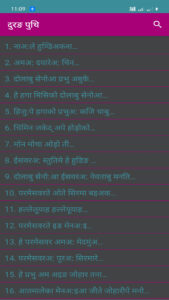
2. Katekism in Munda language
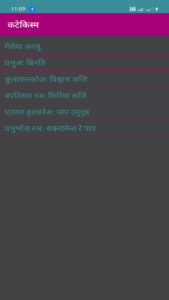
3. Daily bible readings
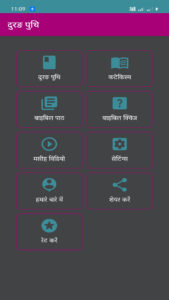
4. Daily bible quiz
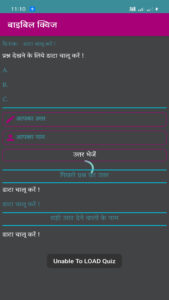
5. Christian video songs and prayer
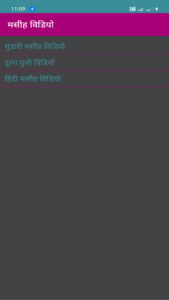
Download From Playstore
About Munda Language
The Munda languages are a language family spoken by about nine million people in India and Bangladesh. Historically, they have been called the Kolarian languages. They constitute a branch of the Austroasiatic language family, which means they are related to languages such as Mon and Khmer languages and Vietnamese, as well as minority languages in Thailand and Laos and the minority Mangic languages of South China. Ho, Mundari, and Santali are notable languages of this group.
The family is generally divided into two branches: North Munda, spoken in the Chota Nagpur Plateau of Jharkhand, Chhattisgarh, West Bengal, and Odisha, and South Munda, spoken in central Odisha and along the border between Andhra Pradesh and Odisha.
North Munda, of which Santali is the most widely spoken, has twice as many speakers as South Munda. After Santali, the Mundari and Ho languages rank next in number of speakers, followed by Korku and Sora. The remaining Munda languages are spoken by small, isolated groups of people and are poorly known.
Characteristics of the Munda languages include three grammatical numbers (singular, dual and plural), two genders (animate and inanimate), a distinction between inclusive and exclusive first person plural pronouns, the use of suffixes or auxiliaries to indicate tense,[8] and partial, total, and complex reduplication, as well as switch-reference.[9][8] The Munda languages are also polysynthetic and agglutinating.
In Munda sound systems, consonant sequences are infrequent except in the middle of a word. Other than in Korku, whose syllables show a distinction between high and low tone, accent is predictable in the Munda languages.


Leave a Reply